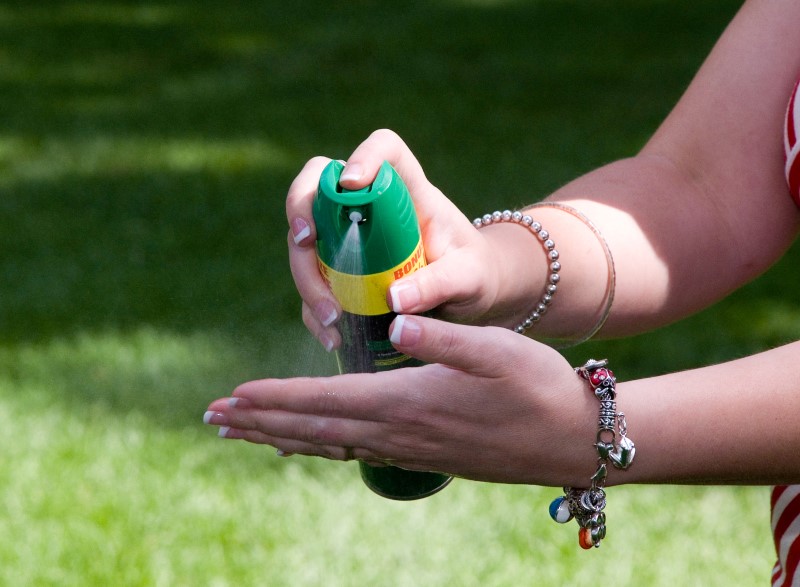Acquiring a mosquito-borne illness, such as Zika, makes you wary of traveling and even just stepping out the door of your home. Preventing mosquitoes from biting you is the best way to ward off these diseases is to keep away the biting mosquitoes. Yes, you can use mosquito nets when you sleep. You can also use screens and wear long sleeves and long pants. But to be certain that you and your loved ones are protected, you should use the right kind of mosquito repellents.
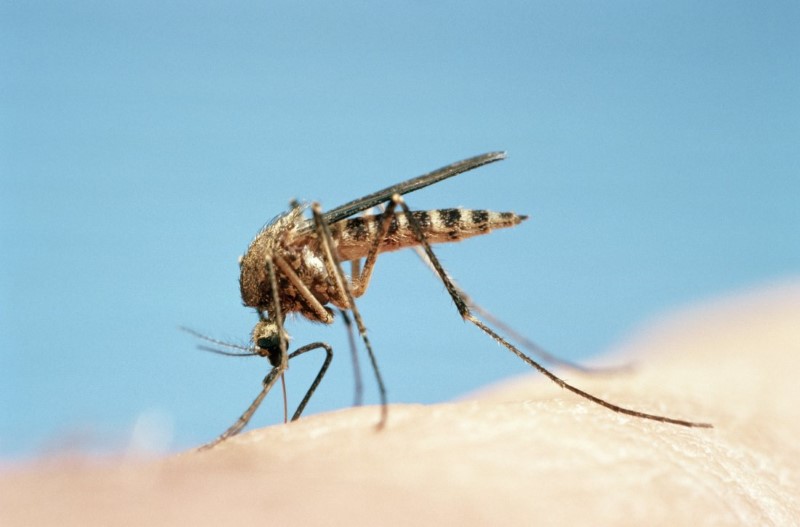
Risks and Benefits of Using Insect Repellents
Insect repellents are highly useful tools in preventing diseases that are transmitted by insects. They also keep away uncomfortable and painful insect bites. There are synthetic and natural insect repellents, which you may have already used. As you know, DEET is the most widely used repellent in the world. It continues to be gold standard of present day insect repellents. It was first discovered by the US Department of Agriculture. It was then patented by the US Army in the year 1946. You can acquire DEET in the form of extended-release products, creams, sprays, and lotions.
You can also acquire repellents made of plant-derived ingredients. Some you may have already encountered are thyme, peppermint, garlic, allspice, rosemary, cinnamon, basil. Lavender, cajeput, geranium, pine, pennyroyal, citronella. Verbena, and cedar. These organic ingredients give you temporary protection. A potent example is the Bite Blocker, which was released n 1997. It contains soybean oil, coconut oil, and geranium oil. Bite Blocker can protect you against Aedes species of mosquitoes for up to three and a half hours.
DEET Information
DEET has been the most widely-used repellent for mosquitoes. Mosquitoes are a nuisance. Their bites tend to be irritating and itchy. They can ruin your outdoor fun easily. DEET does effectively deter mosquitoes but many consumers have realized that it has dangerous effects. The EPA (Environmental Protection Agency) recommends DEET users that they should wash off DEET when the user gets indoors. You should also void spraying the repellent directly on your face and inhaling it at the same time. DEET kills mosquitoes. If it can then it can most probably harm other living beings as well.
Diethyltoluamide also known as N,N-Diethyl-meta-toluamide or DEET is the most common ingredient in repellents. It is an oil that is slightly yellow. It is formulated to be applied on clothing and on your skin. It protects against biting insects such as leeches, flees, chiggers, ticks, and mosquitoes. DEET has a concentration range of about 5 to 100%. DEET products have longer insect protection. If you prefer DEET, you should choose the lowest concentration, which has the longest protection time. As you may know, DEET is readily absorbed through the skin, straight into the systemic circulation. A study even showed that 10% to 15% of DEET can be retrieved from the urine. DEET provides 59.8% protection against every species of ticks.
The original solution for DEET was made up of ethanol and 75% DEET. It was fondly known as bug juice. Then, a new application of DEET was developed by the USDA and the US Army. It was composed of DEET and several polymers which reduced DEET’s rate of evaporation and extended its release. The extended release DEET was then registered in 1991 by the EPA. At room temperature, DEET is a light-yellow fluid. It can be produced or prepared by transforming m-toluic acid or 3-methylbenzoic acid to acyl chloride. It is then permitted to react with diethylamine.
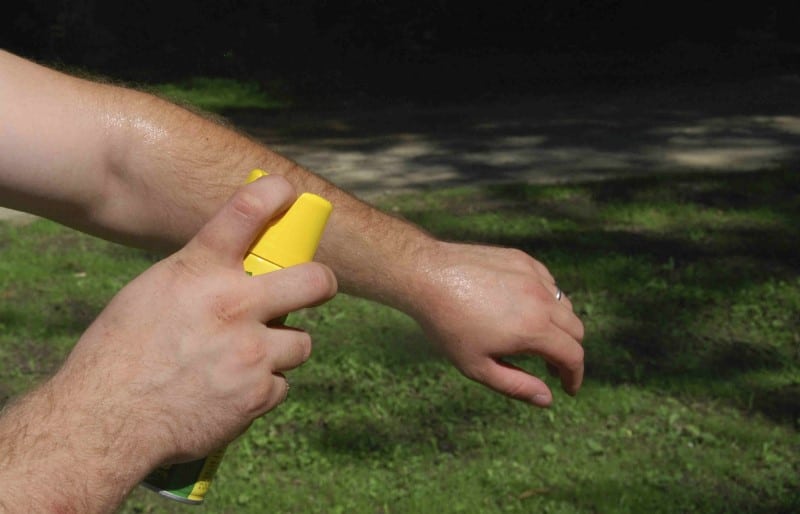
DEET has been believed to work by blocking the olfactory receptors of insects. Their olfactory receptors are sensitive to 1-octen-3-ol, which is a substance in human breath and sweat. The theory before is that DEET blinds the senses of insects to prevent their senses from detecting animals and humans that produce 1-octen-3-ol. DEET does not affect the insect’s ability to detect carbon dioxide.
Mosquitoes dislike the smell of DEET, that is why it is an effective repellent. DEET activates an olfactory receptor neuron in the antennal sensilla in mosquitoes. It also activates linalool, thujone, and eucalyptol. In a performed behavioral test, DEET was able to repel mosquitoes in the absence of the attractants in body odor such as carbon dioxide, 1-octen-3-ol, and lactic acid. Both male and female mosquitoes exhibit the same response.
In 2013, a study was performed. It suggested that mosquitoes can adapt to or overcome temporarily to DEET’s repellent effect after their initial exposure. Other chemicals in various repellents have similar structures to DEET. These chemicals also repel flies and mosquitoes and activate the same receptor. This only proves that the receptor can be used to look for new insect repellents.
DEET Concentration Levels
Usually, DEET is available in lotion or spray in concentrations that reach 100%. According to Consumer Reports, there is a correlation between hours of protection and DEET concentration. DEET concentration of about 100% can provide about 12 hours of protection. Lower concentrations of 20 to 30% give three to six hours of biting insect protection. The CDC or Center for Disease Control recommends 30 to 50% of DEET to prevent insect-borne diseases.
Effects of DEET
DEET manufacturers tell their consumers not to use their products on damaged skin or underneath their clothes. They also tell users to wash their skin when they are no longer needed. DEET can irritate and may cause severe reactions on the skin, headaches, breathing difficulty, and burning eyes. Extensive exposure to DEET can cause impaired cognitive function, insomnia, and moor disturbances.
If you use 10 to 30% DEET properly, it is safe to use on kids and adults. The American Academy of Pediatrics recommends that DEET should not be used on infants below two months of age. DEET is also recommended for children ages two to twelve years old, is DEET’s concentration is not greater than 10%, and applied up to three times daily. Children below two years old should only receive one application of DEET a day. Any DEET-based product should never be used on kids below six months of age. Experts also say that DEET should not be applied together with sunscreen because this only increases its penetration. Xiaochen Gu, a Canadian researcher, recommends the use of DEET sprays. Lotions are rubbed into the skin more, so DEET molecules penetrate the skin.
DEET is used together with insecticides. This increases the toxicity of the carbamate insecticides. These insecticides are acetylcholinesterase inhibitors. This only proves that DEET brings about neurological effects on insects. It affects their olfactory functions and increases the toxicity of other known insecticides.
Effects of DEET on the Surrounding Environment
DEET is not supposed to bioaccumulate, but It has a slight toxicity to fresh-water species of fish such as tilapia and rainbow trout. It is also known to be toxic in some freshwater species of zooplankton.
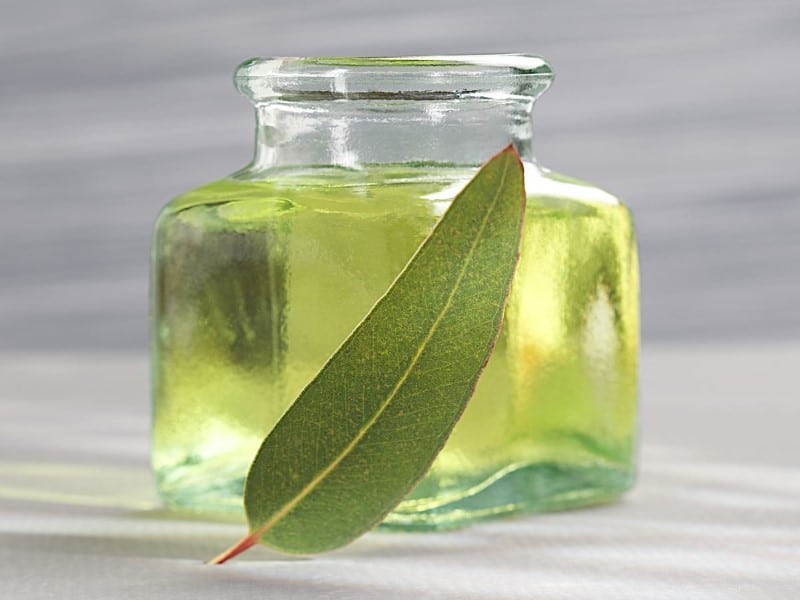
Details on Oil of Lemon Eucalyptus
Oil of Lemon Eucalyptus is a natural oil derived from the lemon-scented gum eucalyptus plant. It has already become very popular as an insect repellent. This organic repellent is vital if you are aware of DEET’s dangers.
Lemon eucalyptus oil is acquired from twigs and leaves of Corymbia citriodora or Eucalyptus citriodora. Lemon eucalyptus is a tree that can grow up to about 50 meters high. It is found in tropical and temperate northeastern Australia. This tree is in demand because of honey production and structural timber. It is also known in and out of Australia in the field of horticulture.
The synthetic version of this oil is known as PMD or p-menthane-3,8-diol. PMD is an alternative to poisonous mosquito repellents. It is also known for its pesticidal properties. PMD works by masking the mosquito’s environmental cues in locating their prey. Though it is used as another name for oil of lemon eucalyptus, they are not the same. The oil of lemon eucalyptus is pure, unrefined, and is used in making various fragrances.
Citriodiol is the tradename registered name of the refined oil of lemon eucalyptus. In Europe, it is called PMDRBO or PMD rich botanic oil. In the United States, it is called OLE or oil of lemon eucalyptus.
Oil of Lemon Eucalyptus Uses
Lemon eucalyptus oil is extracted by means of steam distillation. The resulting product is a pale yellow, thin oil, which smells fresh, woody, and sweet. This pure form of oil is not registered with the EPA or Environmental Protection Agency as a potent insect repellent.
The synthetic and refined version known as PMD, is known as a commercial repellent in the United States. In China, it has been used as Quwenling as a repellent against mosquitoes. In the year 2000, the EPA registered PMD as a biopesticide repellent. This means that the product is derived from organic materials. The products from PMD can be used on clothes or on human skin as a repellent against gnats, mosquitoes, and biting flies. You can avail of PMD in the form of sprays or lotions.
 The Good of Oil of Lemon Eucalyptus
The Good of Oil of Lemon Eucalyptus
Oil of lemon eucalyptus has the following benefits:
- It can help you with several ailments such as colds, poor circulation, coughs, flu, fever, arthritis, catarrh, bronchitis, cold sores, and sinusitis.
- It is as potent as DEET, but it is safer to use, without harmful side effects.
- It can protect you against deer tick, stable flies, and biting midge.
You can store lemon eucalyptus oil in a cool, dark place. When you apply or handle it, avoid contact with your eye area. Re-apply it from time to time, especially after swimming or exercising. Consult your doctor about the best type of repellent for you. Be cautious in using repellents when you know you are pregnant.
How Oil of Lemon Eucalyptus Works
Oil of lemon eucalyptus is usually applied on your skin if you want to repel deer tick and mosquito bites. It may also help with treating toenail fungus, muscle spasms or onychomycosis, and osteoarthritis. Oil of lemon eucalyptus also helps with congestion, so it is a main ingredient in chest rubs.
When you apply 30% oil of lemon eucalyptus extract or Citriodiol about three times every day, tick bites decrease significantly. This is evident in people who live in places infested with ticks. There is insufficient evidence that oil of lemon eucalyptus is effective in curing toenail fungus. Research developers claim that oil of lemon eucalyptus, combined with menthol and camphor may be effective when applied to the affected area. Vicks VapoRub can be used daily on the fungus infested toenail until the nail eventually grows out and clears the infection.
Safety of Oil of Lemon Eucalyptus
Lemon eucalyptus oil is safe for most adults, especially when you apply it on your skin as a mosquito repellent. Take note that other people may have skin reactions to this organic repellent. Ingesting it is highly unsafe. If lemon eucalyptus chest rubs containing oil of lemon eucalyptus is ingested, it can cause seizures and even death. Breastfeeding and pregnant women should avoid using oil of lemon eucalyptus.
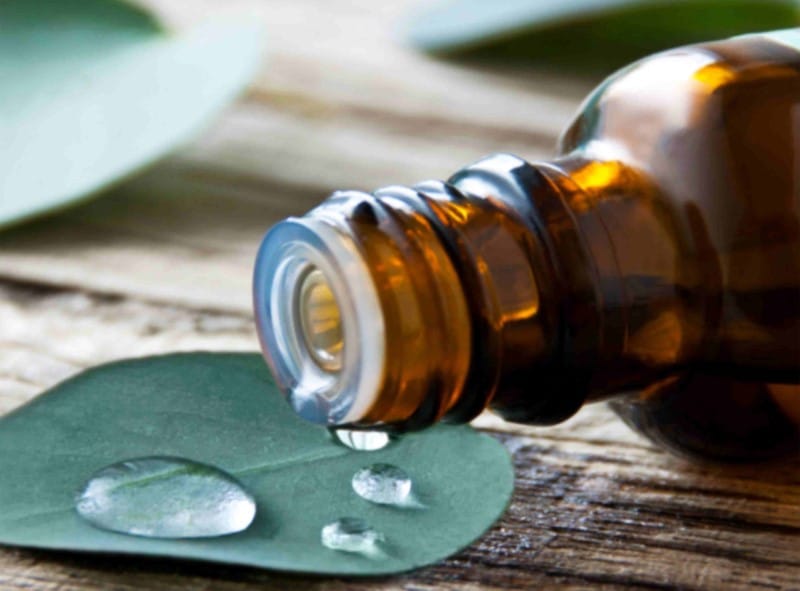
Oil of Lemon Eucalyptus Side Effects
A skin patch test is usually recommended before using any skin product, especially skin repellents such as oil of lemon eucalyptus. This is to check if you are allergic to it. Consult your doctor first before you use any product with lemon eucalyptus oil.
It can protect against biting insects as well as DEET, but not as long. But at the very least, you don’t have to worry about adverse effects that DEET usually brings about on the user.
Oil of Lemon Eucalyptus when Applied on the Skin
You can use 30%, 40%, and 75% oi of lemon eucalyptus solution in preventing mosquito bites. The level of concentration does not affect its effectiveness. It is important that you wash your hands thoroughly after you apply the oil. Avoid touching your lips or mouth after handling oil of lemon eucalyptus. When 30% oil of lemon eucalyptus is applied three times every day, ticks are prevented from biting or even attaching.
Oil of lemon eucalyptus has been found to be as effective as DEET in warding off Anopheles funestus and Anopheles gambiae for more than six hours. This only proves that plant based repellents can be used as confidently as synthetic ones. These organic repellents can be made home. Oil of lemon eucalyptus can be mixed with a plant carrier like jojoba, castor oil, and olive oil and a medium such as witch hazel.
